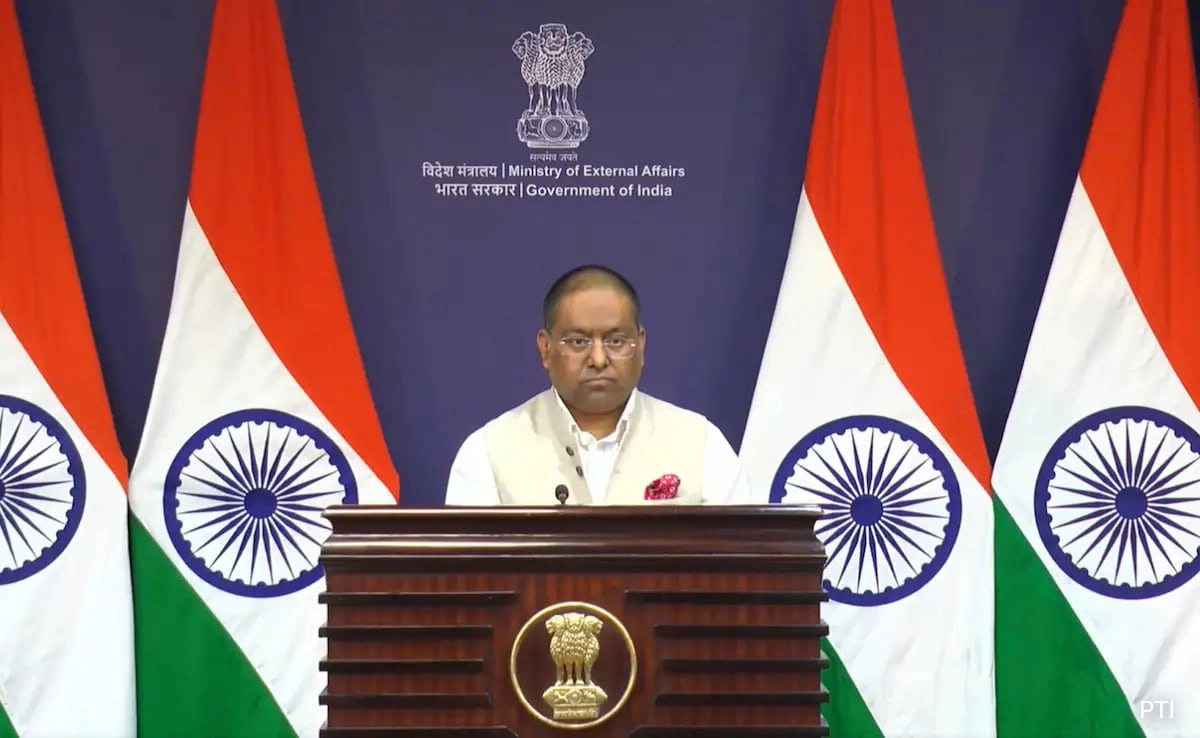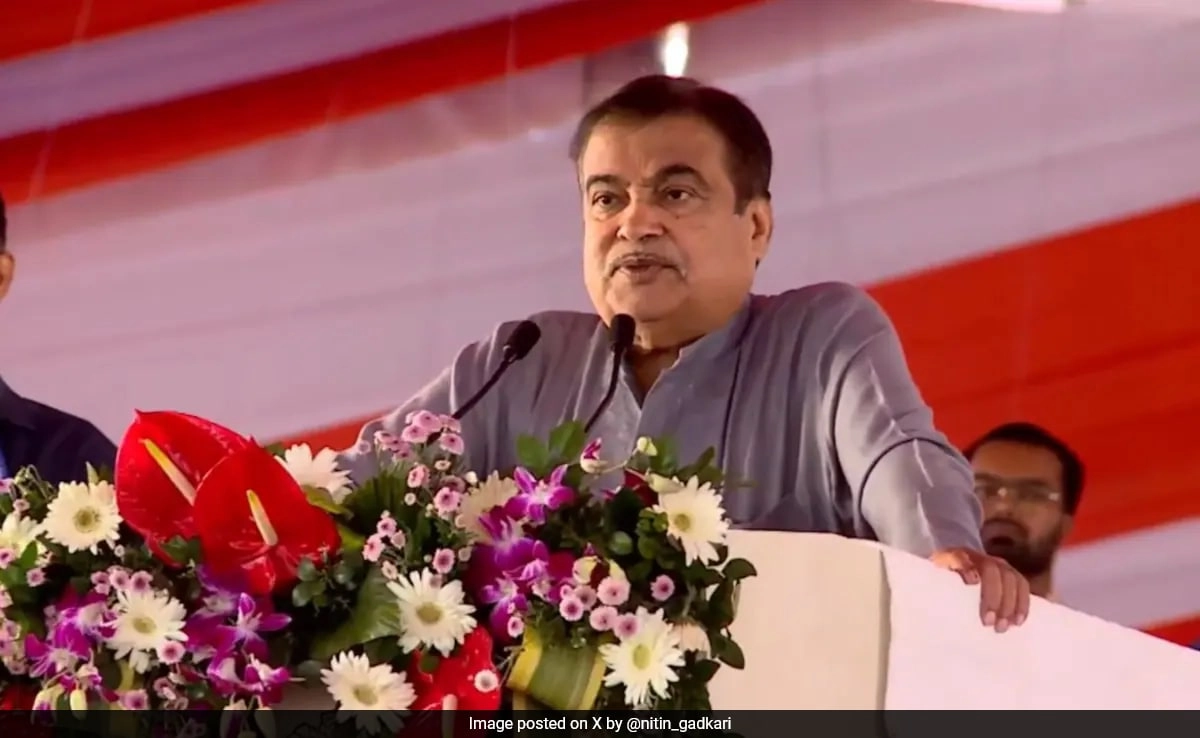India has recently asserted that the global community has increasingly recognized Pakistan as the “epicentre of terrorism.” This statement arises against a backdrop of heightened concerns over terrorism that transcends borders and impacts international peace and security. With a series of incidents and intelligence reports pointing to Pakistan’s involvement in harboring and supporting terrorist groups, India has called for a united global front to address this pressing issue. The Indian government emphasizes that the acknowledgment of Pakistan’s role in fostering terrorism is not merely a national concern but a global imperative that demands collective action.
The characterization of Pakistan as a center for terrorist activities is supported by various countries and international organizations that have identified specific groups operating within its borders. These groups have been responsible for numerous attacks both domestically and internationally. India’s plea for recognition is aimed at galvanizing international cooperation to combat the threat posed by these groups, which often operate with relative impunity. The implications of such recognition extend beyond immediate geopolitical tensions; they point to the necessity for robust frameworks to address the root causes of terrorism and to hold accountable those nations that provide a safe haven for such entities.
Moreover, India’s stance underscores the need for enhanced dialogue and cooperation among nations to tackle terrorism comprehensively. The country advocates for a multilateral approach, emphasizing that addressing terrorism requires not only military and intelligence efforts but also socio-economic measures to eradicate the conditions that foster extremism. This perspective aligns with broader international calls for a more coordinated strategy to combat terrorism, which includes intelligence sharing, capacity building, and addressing the narrative that fuels radicalization. In light of these developments, India’s assertion regarding Pakistan’s role in terrorism is a call to action for the global community to work together in mitigating this persistent threat to humanity.
In conclusion, India’s declaration that the world recognizes Pakistan as a hub for terrorism reflects a growing consensus on the need to confront the challenges posed by extremist groups. The call for international solidarity against terrorism highlights the importance of collaborative efforts in ensuring peace and security. As nations grapple with the complexities of terrorism, the need for a unified response based on mutual understanding and respect for sovereignty becomes increasingly vital. The pathway forward will require not only recognition of the problem but also a commitment to action that addresses both the symptoms and the underlying causes of terror.




